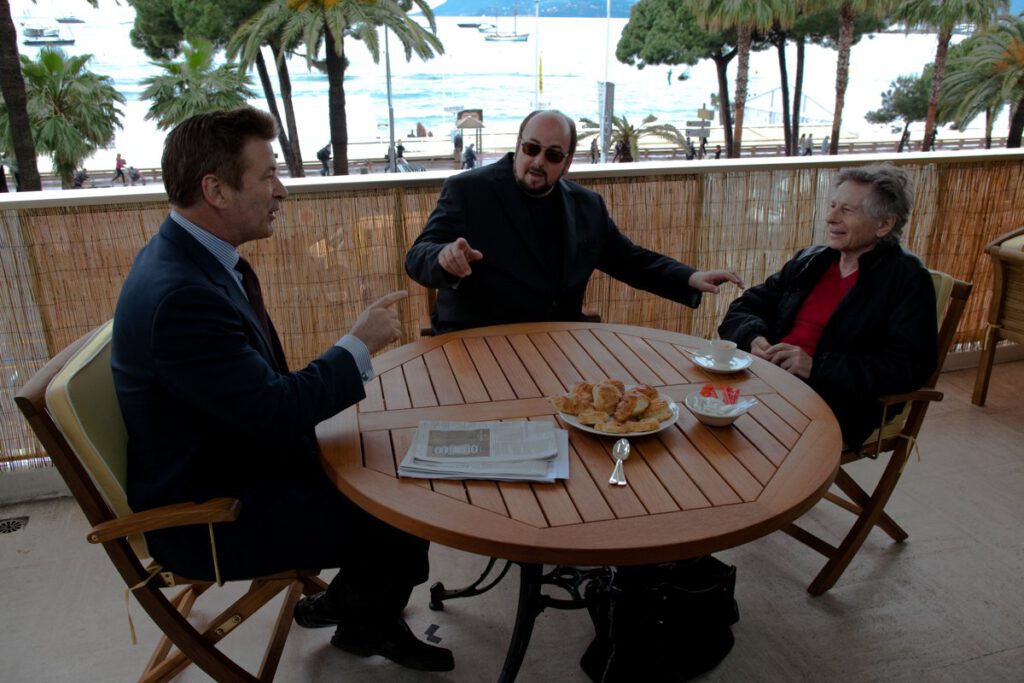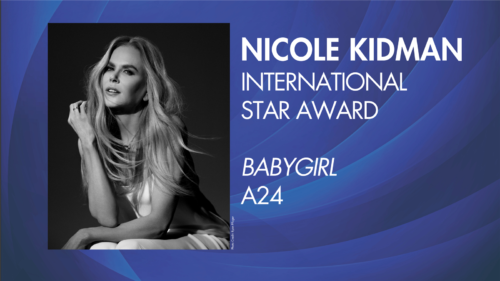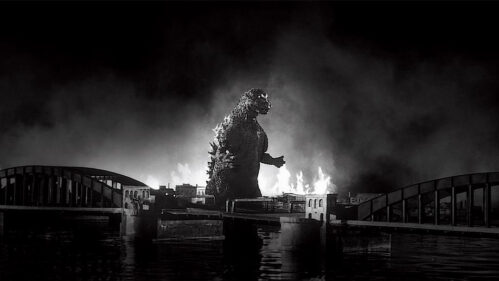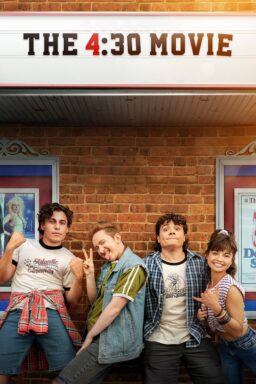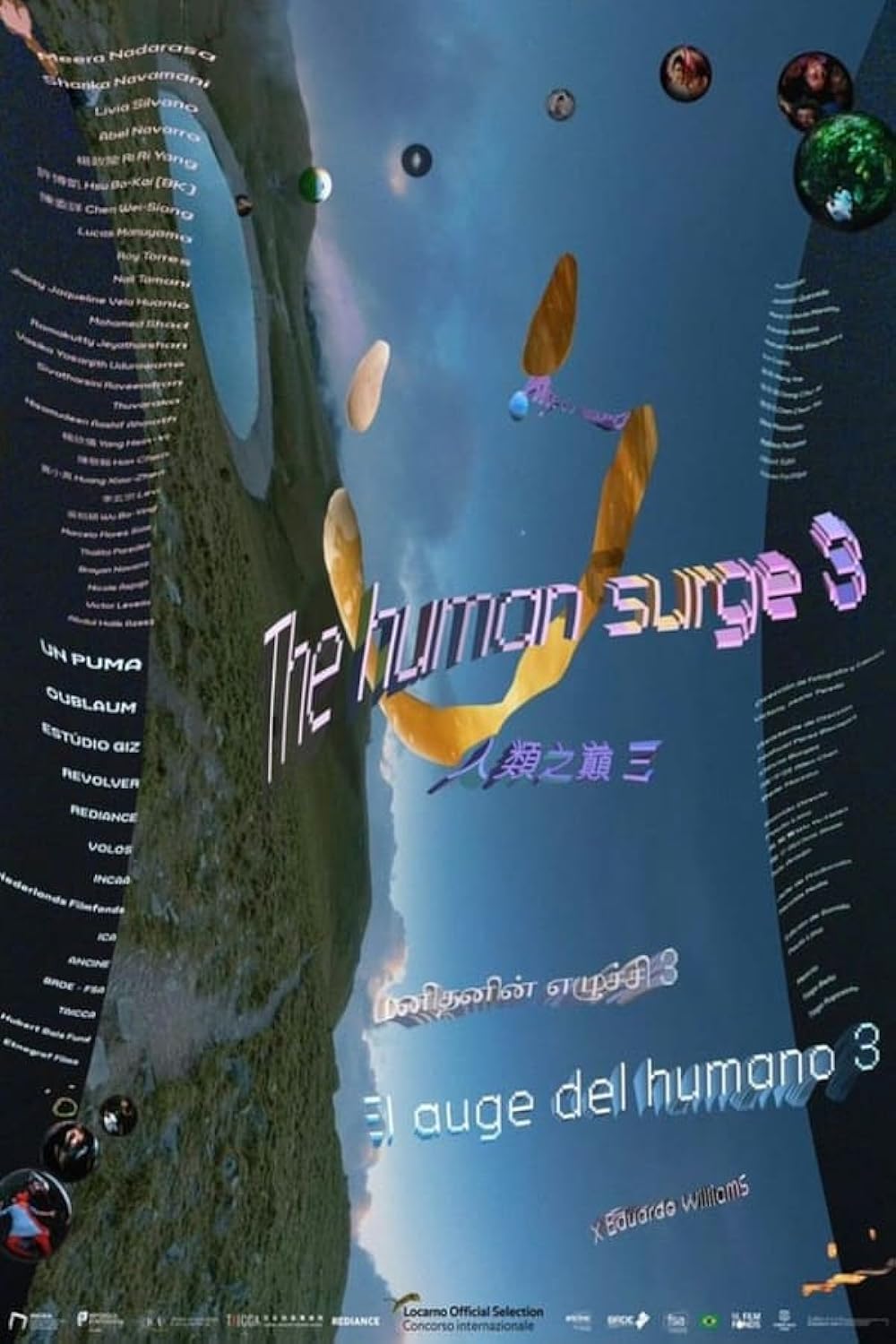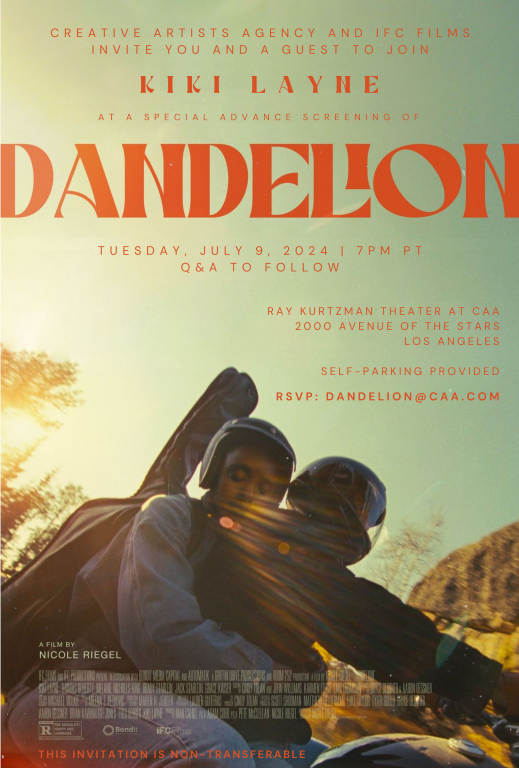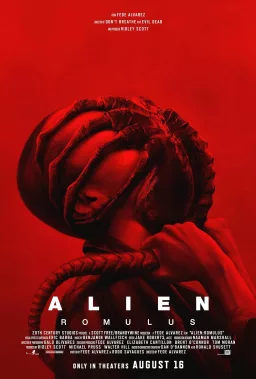James Toback's new documentary, "Seduced and Abandoned," is a perfect Cannes movie: it celebrates cinema, dreaming — as well as Cannes itself. Shot mostly during last year's festival, the film is a record of a movie project Toback was hoping to launch and develop with Alec Baldwin as a lead. The "political sex adventure" they hope to make has fewer supporters than they counted on, which allows us to see how an idea for a film is pitched, sold, pitched again — and modified in the process.
Toback's focus is on the tedious process of gathering funds for a movie: the never-ending string of meetings, lunches and negotiations, in which the original vision withers when faced with financial reality. Given the passion Toback has for moviemaking, and the cold facts of the super-cautious market, "Seduced and Abandoned" could easily switch titles with Toback's own movie, the 1982 "Love & Money." His new documentary is full of touches Toback previously used in "Tyson," with prominent use of split-screen and reliance on interviews. Scored with Shostakovich, and punctuated by dreamy shots of a fairground carousel in motion, the film sets out to portray movie business as it is today — the fierce competition, deep anxiety about the future and longing for an earlier era of adventurous filmmaking. The latter is represented here by the usual suspects, from Scorsese to Polanski, with a couple of conspicuous and perhaps crucial absences (Spielberg and Lucas are nowhere to be found).
The film is kind of a bromance, too. Baldwin and Toback not only are inseparable throughout, but have a genuine fondness for each other's company, as well as opposing temperaments — Baldwin serves as reality principle, while Toback is pure moviemaking id.
Two days after the packed screening I attended, I interview Toback in his room at the Carlton Hotel, amidst a homey disarray that accords with the director's lack of pretense. Energetic, outspoken, looking like a slightly heftier Billy Joel, Toback immediately plunges into the topic of aging and facing mortality, which pervades "Seduced and Abandoned."
"Since I'm 68 now, I don't have an overwhelming sense of anything beginning. To me, everything seemed part of youth until I was about 50. At that time, it occurred to me I wasn't going to live forever. As a result, I don't give a fuck. I don't think of the future in terms of long-distance planning, but only in terms of the next move. I don't want to live too long; I feel there's a limit I wouldn't like to cross. Let me put it this way: There's not an 85-year-old man on this planet that I would like to be."
When asked about the pessimistic subtext of his film, which keeps reminding the viewer that the "golden era" is over, Toback reflects on the future in extremely pessimistic terms. "I do think the world is collapsing. The cinematic world certainly is. The planet itself is not so much in trouble, as it's just doomed. The environment, the weaponry — it's a miracle we're still here."
When I try to suggest that maybe 25 years from now the benefit of hindsight will allow us to look upon 2013 as a golden era of sorts, Toback disagrees: "If people are still around then, they will be in a world unimaginably worse and different than the one we know. I really believe we are entering the realm of destruction. Human beings are too complicated and potentially destructive. And even if we all became nice to each other, accidents alone would fuck the world up. I don't even find it depressing. Individual life ends, and so does a life of a civilization. We're little specks of dust in the universe: specks of dust on another speck of dust called Earth. It's not even debatable; we are what we are and all it takes to see it is some rudimentary knowledge of astronomy. It's not just that we're insignificant, it's that we're invisible. Lemme find my socks."
It's at this point that I notice Toback has so far been receiving me barefoot. As he finds a pair of socks and starts putting them on, I ask him how he reconciles his extremely grim worldview with the desire for immortality he so beautifully described in his movie.
"Of course, we are specks of dust, but on the other hand, we see ourselves as centers of the universe. One of the ways I dealt with adversities in my movie career — how I survived it and navigated through it — has to do with the very comfort I find in the vastness of universe as opposed to how insignificant our lives ultimately are. Early on, I managed to make at least two deeply personal movies: "The Gambler" [which Toback scripted] and "Fingers," and I think that alone is a lot, considering how difficult it is to make a film. Everything after that was like a great bonus. I think you have to first acknowledge the insignificance, and then say, 'OK, since I'm here, I'm going to pretend I'm important.' Otherwise, you'll just gonna sit there and wait for the roof to fall on your head."
Does James Toback, one of late Pauline Kael's best friends, think film criticism is alive and kicking nowadays…?
"It just doesn't exist. There's a handful of people writing about film who are literate and knowledgeable. The rest have opinions, the way a taxi driver has an opinion, but to call them critics would be a bit of an exaggeration. I think the ones worth reading are few and far between now, because there is no longer a forum for them. On the internet, it's mostly tweets and random opinions, not in-depth analysis."
By this time, the socks are on and it's time for shoes and heading out, so I manage to squeeze in one last question, about the reception of his new film.
"Most of the movies I've done have had some passionate supporters and adherents, as well as some nasty detractors. "Tyson" was the first that almost everyone embraced. This movie goes beyond that; I can't believe how much people are loving it and it feels almost unreal."

